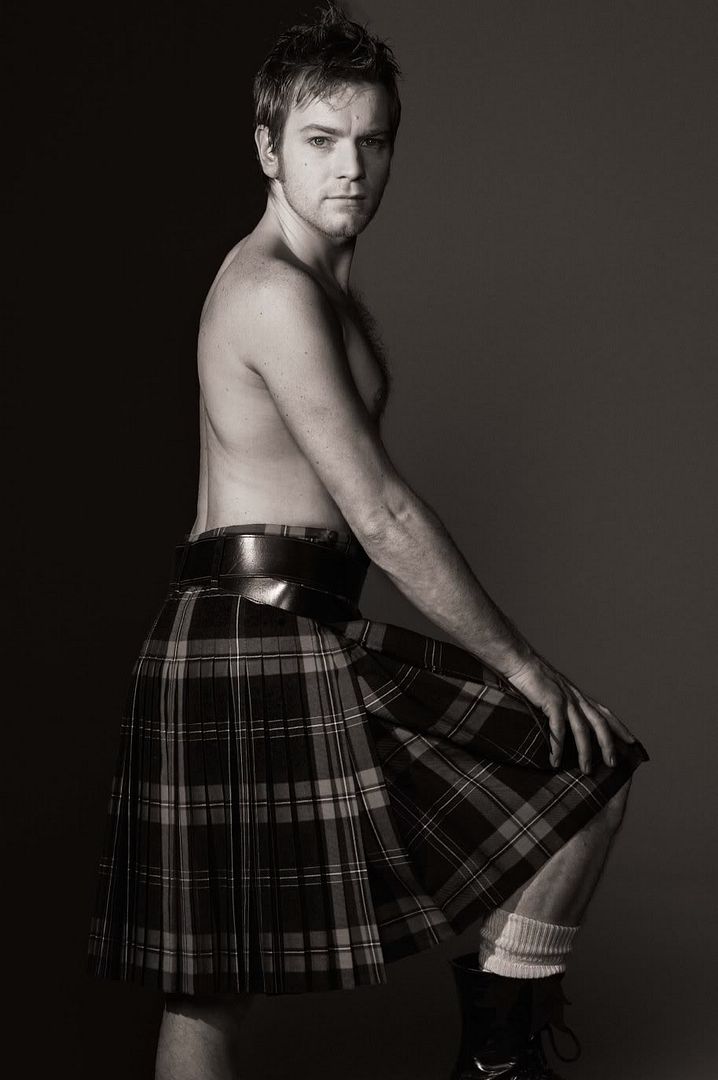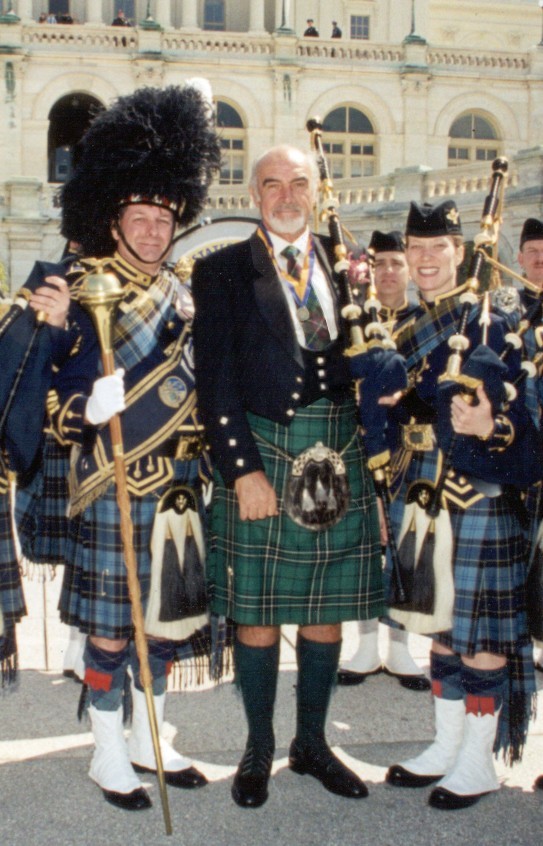 As we share other people's published stories, we discover our own - through the books we've read, want to read, and wished we'd written in the first place. What books have shaped your life? And which books will you always have close to your heart...and which ones you'd rather banish to the "illegible 4evah" pile? Welcome to the first NBLB Q & A - we're kicking it off with our own answers...and want to read yours too!
As we share other people's published stories, we discover our own - through the books we've read, want to read, and wished we'd written in the first place. What books have shaped your life? And which books will you always have close to your heart...and which ones you'd rather banish to the "illegible 4evah" pile? Welcome to the first NBLB Q & A - we're kicking it off with our own answers...and want to read yours too!Meimei: From "The Good Book" to Coelho, a Barefoot Contessa, and not drinking Jamba Juice while reading at the airport
1) First book you remember reading from cover to cover. Barring any cookbooks, magazines, and any other age-inappropriate reading material, I'd say it would be one of those Bible story collections.
2) Book(s) your parents would hand to you, as the "guide to life." I would say "the Bible," except that Mom and Dad ended up giving me a copy of Kahlil Gibran's The Prophet before they let me get my hands on the NAB. For good reason, too.
3) Book(s) you read as teenage rebellion. Catcher in the Rye - the first one, and still the best - followed by the English translation of The Stranger (L'Etranger) by Camus, which FINALLY helped me understand the lyrics to "Killing an Arab" by The Cure. Oh, and Kerouac's On the Road.
4) Shakespearean play that embodies YOU. The Tempest. Poor Caliban, and not because I played him in high school.
5) That damned novel that you should've written. (Book embodying your LIFE) Love in the Time of Cholera. I fell in love with Marquez and magic realism because of this book.
6) Genre(s) you would find YOUR first novel displayed under... Asian-American Fiction, without a doubt. Too much talking for a romance novel; too much kissing to be considered mainstream Christian; too much fighting and cussing to be stocked in a Catholic bookstore.
7) Favorite non-fiction autobio/biography. A tie: Swimming with Scapulars by Matthew Lickona (one of those underappreciated Catholic Gen-X books worth reading) and What Should I Do with My Life? by Po Bronson.
8) Book you would read on the plane to keep strangers from talking to you. He's Just Not That Into You. Ironically, this book made me laugh so hard that it did keep strangers away from me when I read this at Jamba Juice!
9) Book you would give to a potential significant other. Without a doubt, a cookbook - Barefoot Contessa at Home, by Ina Garten.
10) Dream writing collaboration - who would it be? Julie Powell, of the blog-turned-book Julie & Julia. Food, blogging, autobiography - so many things to discuss! Happy Scribe and I should take her out for tapas.
11) If you were trapped on a deserted island...and you find a stash of books written by ONE AUTHOR...who would you want that author to be? Paulo Coelho. Good Lord, Eleven Minutes owned me.
12) What book/author is your reading "Waterloo"? Waterloo, meaning "I give the eff up - go away, book?" I think I did that with Smart Women, Foolish Choices - it's definitely one that has not stood the test of time, unfortunately.
The Happy Scribe: It's Pratchett Time!
1) First book you remember reading from cover to cover. I remember those Golden Book fair tales so well - those dolls dressed up as characters illustrating each page. My favorite was Cinderella in her frothy dress. I also loved the Gem Classics books, each with a color theme like Emerald or Sapphire, compilations of traditional myths and Grimm's tales. The visual impact of those stunning illustrations stay with me to this day - I wouldn't mind owning a set of these books again!
2) Book(s) your parents would hand to you, as the "guide to life." My dad handed me a copy of The Secret last year. It totally surprised me. Not because of The Secret's message. It's just that my dad is more likely to hand me the Ten Commandments DVD, being more of a movie buff.
3) Book(s) you read as teenage rebellion. Star Trek: The Next Generation novels and bodice-rippers scandalized my very conservative mother for different reasons, but ultimately, it was the parting lament: "We have a library full of great classics, and you spend your allowance on those trashy paperbacks!"
4) Shakespearean play that embodies YOU. Much Ado About Nothing. Beatrice and Benedick exchanging witty barbs in a word-filled Wimbledon are such vivid characters in my head. Peeling away the layers (and the arguments) to reveal the happy truths - I liked that.
5) That damned novel that you should've written. (Book embodying your LIFE) In my twenties, Helen Fielding's Bridget Jones books encapsulated my confused existence back then. Now...probably Peter Mayle's books - life spent in quiet contemplation of the passing seasons, writing and lots of good food.
6) Genre(s) you would find YOUR first novel displayed under... It's definitely Chick Lit/Romance. I'm not going to write the Great American Novel, but I think I can amuse a few people on long flights/train commutes. Also, the comic strip aisle, because I'll always have a furry animal story in me. (Long live Tarabella...and watch out for the adventures of Lord Kittensley Furface!)
7) Favorite non-fiction autobio/biography. Technically, Jessica Zafra's Twisted books are based on her newspaper columns, but as a longtime reader I adore the little peeks into one very sharp mind, whether it's currently preoccupied with tennis, Tolkien, or Manila traffic.
8) Book you would read on the plane to keep strangers from talking to you. Anything heavy and Russian, like Tolstoy or Doesteyevsky.
9) Book you would give to a potential significant other. Hubby totally got Terry Pratchett's Mort, which means we're soul mates. He then handed Herberts Dune and Huxley's Brave New World to me...the lifelong sci-fi/fantasy fan. We're a match made in other universes.
10) Dream writing collaboration - who would it be? I would die of pure geek overload if Neil Gaiman and Terry Pratchett said "hello" to me, much less wanting to share a byline with my name.
11) If you were trapped on a deserted island...and you find a stash of books written by ONE AUTHOR...who would you want that author to be? Terry Pratchett, if you haven't noticed! :)
12) What book/author is your reading "Waterloo"? James Joyce's Ulysses drowned MY stream of consciousness to the point I had to call in the mental Coast Guard. I cannot finish this book!
Need something to pass the hours between the news and Lost? Did YOU finish Ulysses? We're tagging you, fellow bloggers, to answer the NBLB Q & A on your own site.
Have a great weekend...and happy reading!










 (Aye, Gerry! Call me! Let me take that pink sweater off you!)
(Aye, Gerry! Call me! Let me take that pink sweater off you!)




















